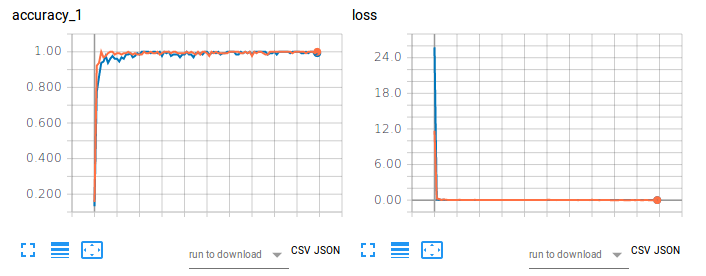Deep Learning using Linear Support Vector Machines
Recently, fully-connected and convolutional neural networks have been trained to achieve state-of-the-art performance on a wide variety of tasks such as speech recognition, image classification, natural language processing, and bioinformatics. For classification tasks, most of these "deep learning" models employ the softmax activation function for prediction and minimize cross-entropy loss. In this paper, we demonstrate a small but consistent advantage of replacing the softmax layer with a linear support vector machine. Learning minimizes a margin-based loss instead of the cross-entropy loss. While there have been various combinations of neural nets and SVMs in prior art, our results using L2-SVMs show that by simply replacing softmax with linear SVMs gives significant gains on popular deep learning datasets MNIST, CIFAR-10, and the ICML 2013 Representation Learning Workshop's face expression recognition challenge.
PDF Abstract



